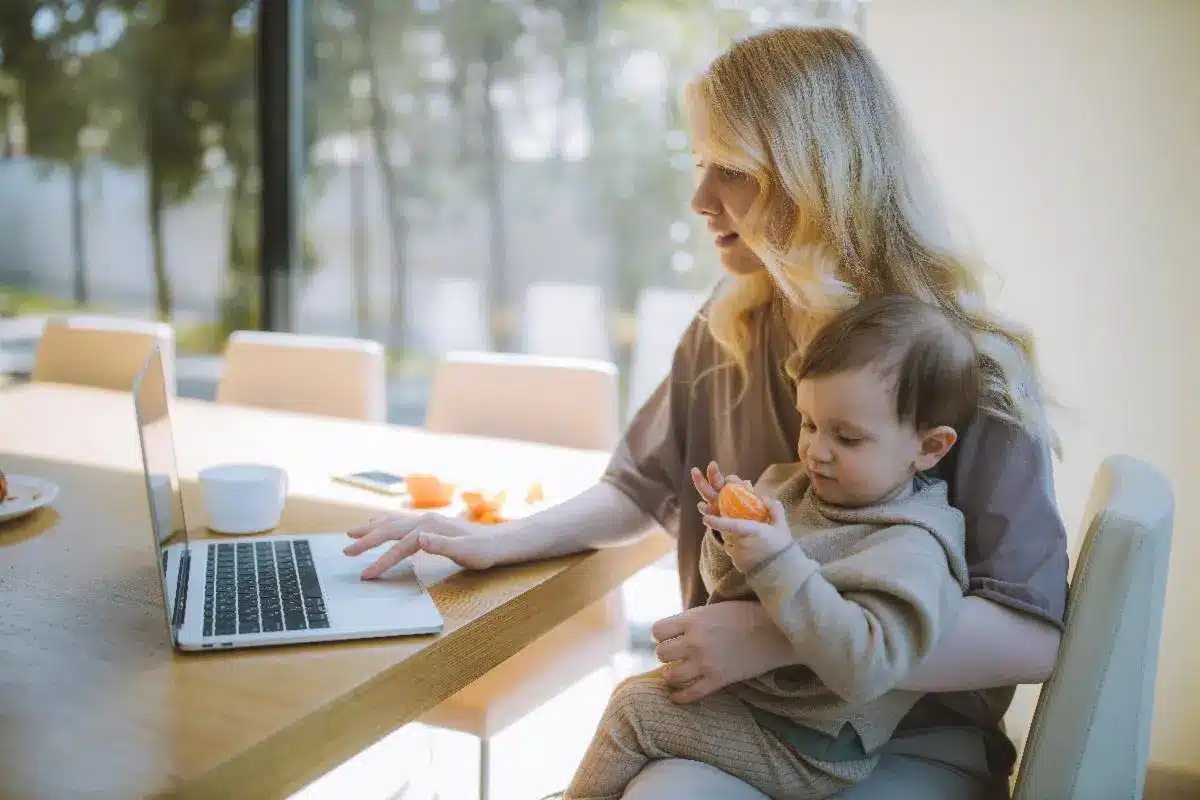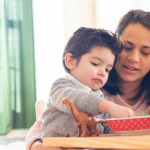Parenting is such a rewarding journey and the unconditional love we feel for our children will forever stay untouchable. Years filled with love, laughter, and cherished moments will be the ones that we’re going to remember – but that doesn’t mean that it’s always going to be easy.
Quite the opposite. It’s always going to be accompanied by its fair share of challenges and stressors. And some of those might just be enough to push and lead us to parental burnout.
While prioritizing self-care, it’s also crucial to be cautious about external factors that may contribute to stress. For instance, recent news about the hair relaxer cancer lawsuit highlights the importance of being aware of the products we use and their potential health implications. Ensuring a safe environment for yourself and your family is paramount in the journey toward parental well-being.
Parental burnout is a state of physical, emotional, and mental exhaustion caused by prolonged stress and overwhelm in the role of a parent – and it’s nothing uncommon. A study conducted during the global pandemic has shown that an overwhelming amount of 82% of all parents show signs of it. That’s eight in ten!
What Are the Signs and Symptoms of Parental Burnout?

Parents experiencing burnout often feel constantly tired – both physically and mentally, despite getting an adequate amount of sleep. It’s one of the earliest signs and one that, due to it persisting over time and doesn’t seem to improve with rest, can be observed first.
Due to this, they may find themselves emotionally detached or numb, experiencing a lack of joy or enthusiasm in their role as a parent – and withdrawing from social interactions and hobbies they once enjoyed. This can extend to the children, too, finding it more and more challenging to connect emotionally with their kids’ needs and struggles.
Building up on this, feelings of irritability and impatience are also common signs. Parents may find themselves snapping at their children or partners over seemingly minor issues, feeling easily frustrated or overwhelmed by everyday tasks.
If not being taken care of, the neglect of their own needs or by still trying to prioritise their children’s well-being at the expense of their own, physical symptoms may surface quickly as well – such as headaches, muscle tension, digestive issues, and weakened immune function.
What Are some Self-Care Strategies to Tackle it?
First and foremost, it’s important to recognise that self-care should be made a non-negotiable priority in your daily routine. Schedule time for activities that recharge your batteries – whether that’s reading a book, concentrating on something meditative like preparing a cup of matcha, going for a walk in your favourite greenspace, practising yoga – or simply taking a few moments to breathe deeply and relax.
Learn to set boundaries, too, and how to say no to excessive demands on your time and energy. Work toward delegating tasks whenever possible and don’t hesitate to ask for help from your partner, family members, or friends.
Remember that you are not alone – but that this state of stress is present in almost every parent. So, reach out to your support network for guidance, encouragement, and understanding. There is a variety of different parenting support groups available, you could have a look at talking to a therapist or confiding in a trusted friend.
It’s also a good idea to take a step back and reevaluate the priorities you have as a parent. Try to identify areas where you might be overcommitting or spreading yourself too thin. Let go of activities that drain your energy and have a look at what you can swap them out with.
At the end of the day, the focus should be on building a positive relationship with your children based on love, respect, and open communication. Positive discipline techniques that promote cooperation and understanding rather than punishment and control, will make an enormous difference as well – for both the parent and the child.
Parental burnout is a serious issue that can have significant implications for the entire family. If you recognise some of the symptoms, we hope you’ll be able to work on them right away. The sooner, the better. Family should be about happiness and gratitude – not about stress and burden.
Remember, taking care of yourself is not selfish – it’s essential for being the best parent you can be. After all, you can’t pour out of an empty cup.










